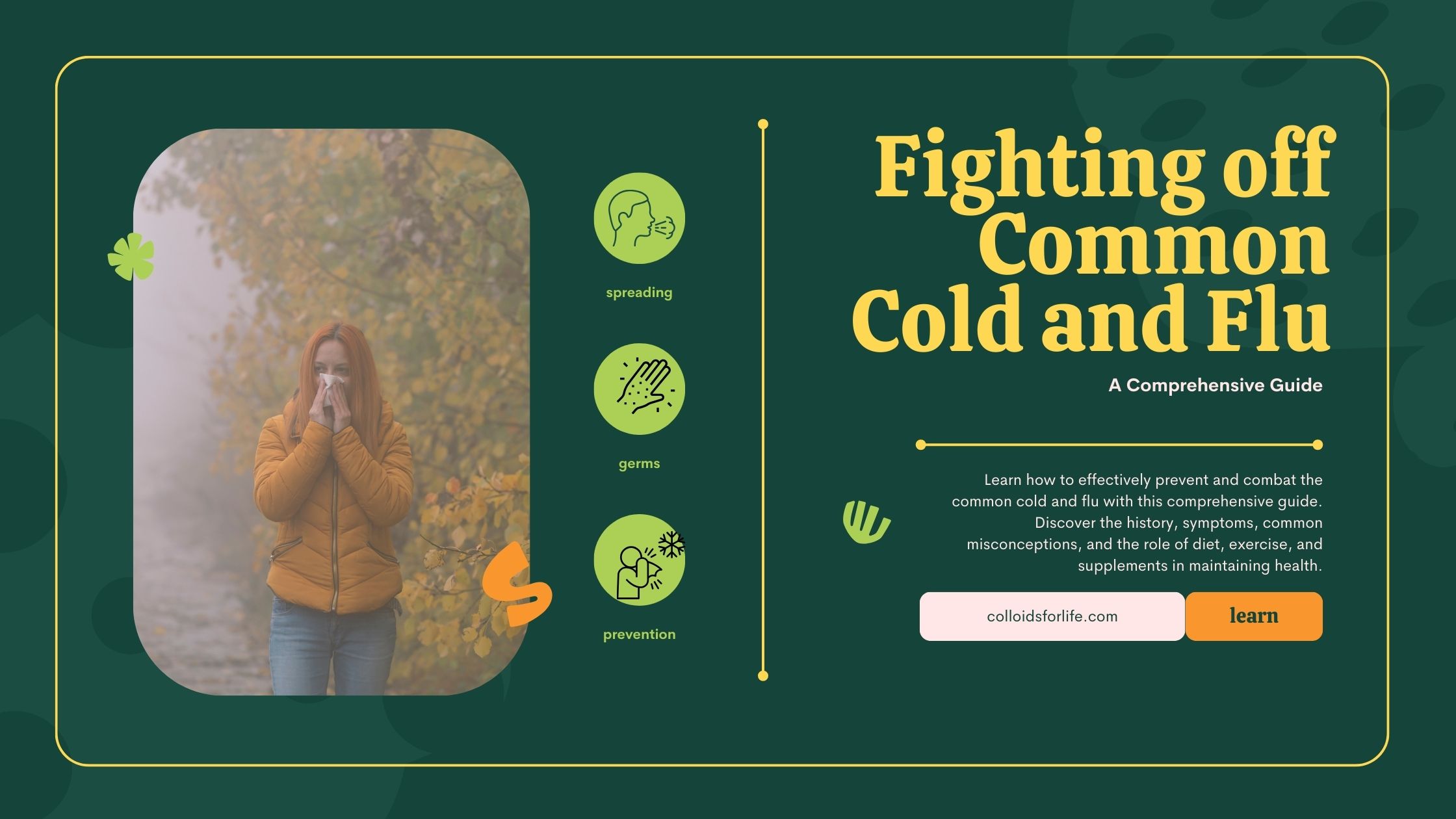
The root causes of depression are often overlooked in favor of medication, resulting in approximately 160 million antidepressant prescriptions annually. However, only about a third of those with depression suffer from major depression, which is effectively treatable with medication. The remaining individuals are more likely to experience side effects than find relief.
Fortunately, there are numerous alternative treatments for depression with considerably fewer risks than antidepressants, which can cause fertility problems, impact heart health, lead to weight gain, and in severe cases, increase suicidal thoughts.
Addressing the Individual Needs
Effective depression treatment begins with understanding the individual’s unique needs and identifying the underlying causes of their depression. Mental health is multifaceted, and there should be no "one pill fits all" approach. Consider the following areas:
- Diet and Lifestyle: Nutrition and daily habits can significantly impact mental health.
- Emotional and Spiritual Well-being: Addressing emotional and spiritual needs can provide relief.
- Chronic Inflammation: Reducing inflammation through diet and lifestyle changes can improve symptoms.
Alternative Treatments for Depression
In addition to therapy, several physical treatments can help manage depression:
- Temperature Therapy: Exposure to cold triggers the nervous system to produce chemicals that reduce depression. A brief cold shower daily has shown long-term benefits for depression sufferers. Always consult a doctor before starting, especially if you have other health risks or are pregnant.
- Holistic Health: Addressing other health problems can improve overall quality of life and mental health. Consulting with a chiropractor, acupuncturist, or nutritionist can provide additional support.
- Magnet Therapy: This non-surgical treatment uses electricity and magnets to create a magnetic field targeting different brain areas, altering neuron activity. Although not widely available, it can provide relief for chronic depression sufferers.
- Deep Brain Stimulation (DBS): This more invasive treatment involves implanting electrodes in the brain to stimulate specific areas. While it carries risks, DBS has shown dramatic results, with most patients experiencing long-lasting improvement in their depression.
The Importance of a Comprehensive Approach
Combining these treatments with traditional therapy offers a holistic approach to managing depression. By addressing the multifaceted nature of mental health, individuals can find a tailored treatment plan that suits their unique needs.
Your Thoughts
What are your thoughts on alternative treatments for depression? Have you tried any of these methods, and how have they worked for you? Share your experiences and insights to help others find relief.









